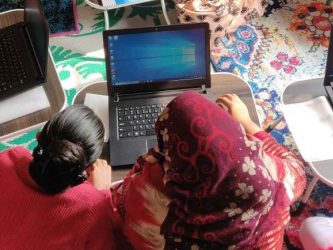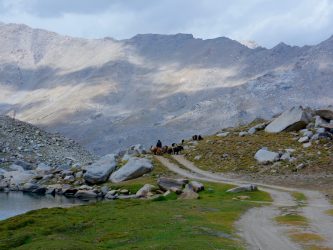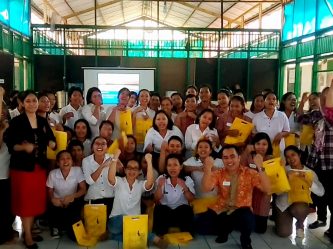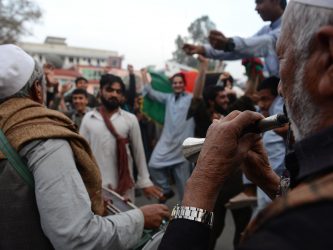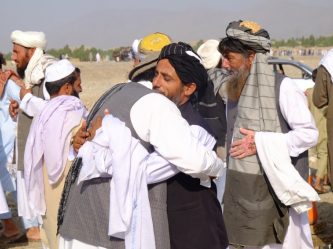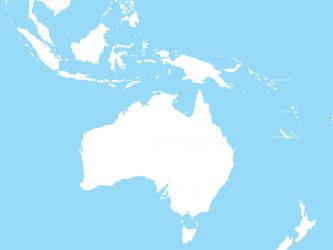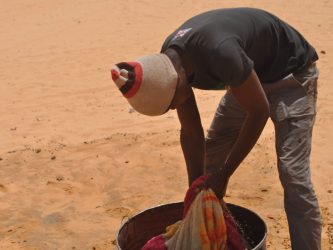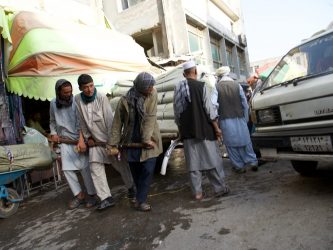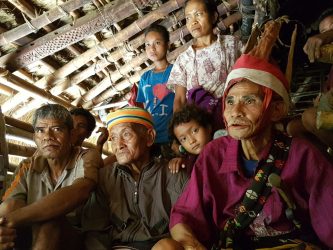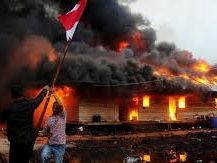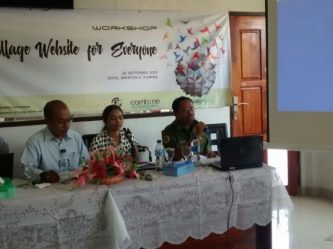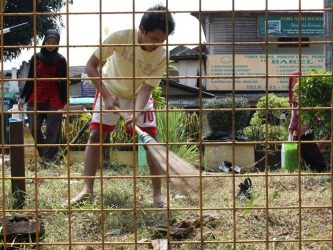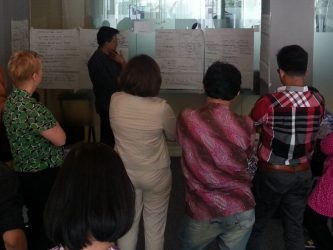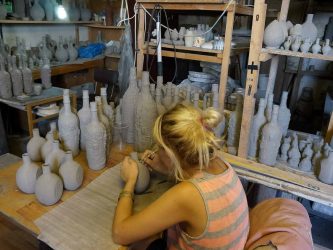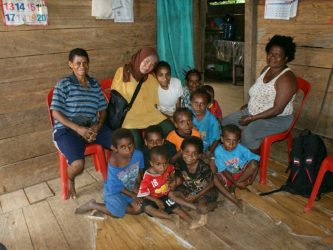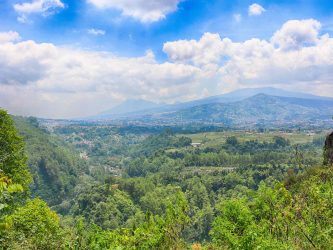Our Themes
Our areas of expertise are here.
Click to read more details.
Seefar cares about social inequality because it constrains individuals’ opportunities to reach their full potential. Beyond the individual, social inequality can undermine social cohesion and political stability. Our mission is to expand opportunities for marginalized groups to access employment and to promote social mobility.
Social inequality is not simply defined by the haves and the have nots. Factors like social class geography, gender, ethnicity, citizen status, age and religion are often related to processes of social exclusion. Economic and social mobility appears to be declining in most parts of the world, including among the vulnerable people that Seefar focuses on. There can be stability in highly unequal societies, but social inequality and excluding populations have a tendency to undermine progress and wealth for all.
Given the deep and broad drivers of social exclusion and social inequality, we know we cannot transform this situation alone. Driven by our values and building on our comparative advantages as a social enterprise, we prioritize access to employment and access to education among marginalized groups. These priorities are interconnected; they also link with Seefar’s other areas of thematic expertise, such as migration and modern slavery.
Here are some examples of how we deploy our expertise in social inclusion:
- Piloting skills development initiatives that have a disproportionately positive impact on vulnerable people
- Consulting in development and security programs that aim to address marginalized groups or which have a theory of change in relation to social inclusion
- Identifying patterns and causes of marginalized groups discontinuing education
- Providing support and information to vulnerable groups like migrants to better their position in the labour market
- Research and surveys to pinpoint opportunities to intervene in processes of social exclusion
- Creating monitoring and evaluation frameworks to collect and use indicators of social inclusion
- Forming policy recommendations aimed at supporting diversity and distributing resources more equitably
Our Work
